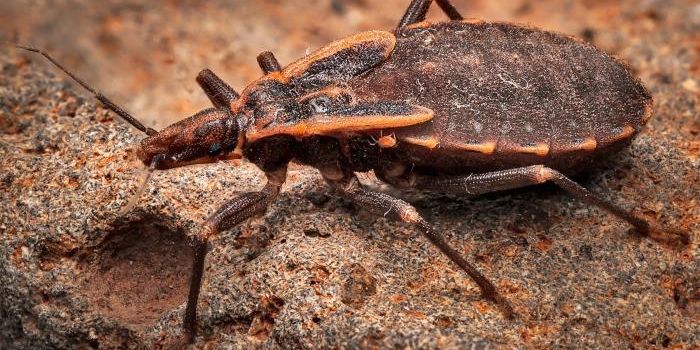Green Tea Polyphenol Prevents Artery Rupture
Japanese people are among the longest-living individuals in the world, and it’s very likely that a majority of their longevity is thanks to drinking green tea. A new study Kyoto University describes a relationship between green tea compounds and specific heart-healthy benefits - maybe it’s time we all started drinking more green tea.

“Studies show that 80 percent of the [Japanese] population drink green tea on a daily basis,” said Hidetoshi Masumoto, co-author of the Journal of Vascular Surgery study. Masumoto and colleagues from Kyoto studied the green tea polyphenol and its ability to strengthen the abdominal aorta when it is weared down by age and an unhealthy lifestyle.
Polyphenols are bioactive compounds found in plant-based foods, and recent research studies have linked them to a variety of disease-preventing capabilities such as anti-aging, anti-inflammation, and anti-viral effects.
Polyphenols exist in a wide variety of natural, plant-based foods. Researchers from the North Carolina Research Campus study fruits and vegetables to investigate in detail the specific health benefits available from polyphenols. A specific study from the Appalachian State University Human Performance Laboratory looked at polyphenols from both blueberries and from green tea, and they saw that normally illness-prone athletes eating these foods were better protected from viruses.
“This is the first study of its kind to show that athletes who regularly eat polyphenols had more anti-viral protection after three days of intensive running,” said David Nieman, DrPH, Human Performance Lab Director and lead author of the 2014 study. “I highly recommend that athletes increase their polyphenol intake from fruits and vegetables to reduce their likelihood of getting sick from viral illnesses.
In the Kyoto study of green tea polyphenols and abdominal aorta health, they primarily saw that rats that were given green tea polyphenol on a regular basis developed abdominal aortic aneurysms less frequently than rats who didn’t consume polyphenols.
Abdominal aortic aneurysms occur when an overstretched abdominal aorta ruptures after being left untreated. Abdominal aorta bloating is often difficult to diagnose, so the situation can often be exacerbated without the affected individual ever knowing. In the case where an individual with an overstretched artery does realize treatment is needed, surgery to transplant an artificial blood vessel or insert a stent graft is absolutely necessary.
Green tea polyphenol makes an effective therapeutic because of its innate ability to regenerate elastin, the protein in arteries that makes the vessels stretchy and flexible. Over time and with an unhealthy living style, the elastin in arteries degrades.
Masumoto’s study involved treating rats with enzymes that artificially induced an abdominal aortic aneurysm, so the researchers could effectively study the effect of green tea polyphenol in the animals’ diets.
“We believe daily intake of green tea should be considered as a new preventative strategy for abdominal aortic aneurysm,” Masumoto said.
Plans for future research at Kyoto University include studying the optimal doses of green tea polyphenol for sustaining artery health. In addition to the connection this study’s findings make between green tea polyphenol and the abdominal aorta, past studies have shown that green tea is associated with other health benefits like cancer prevention, cardiovascular disease prevention, anti-inflammation, and oxidation.
Sources: Kyoto University, NC Research Campus








